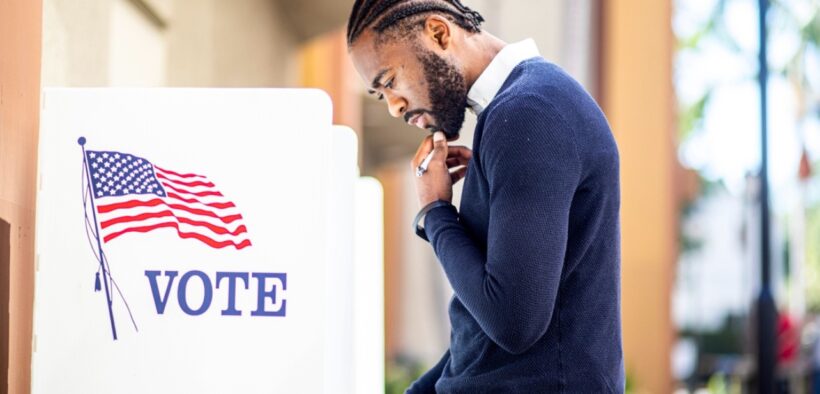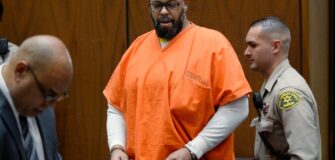Supreme Court Rules South Carolina’s Electoral Maps Are Lawful
Share

The South Carolina Republicans’ electoral maps were ruled constitutional on May 23 by the Supreme Court.
Lower courts had already expressed concern that these maps may unjustly diminish the power of black voters, and this was addressed in a 6-3 ruling.
The writer of the majority opinion was Justice Samuel Alito. He stated that it’s critical to distinguish between racial and political concerns when contesting the validity of a map.
Legislators are presumed to conduct themselves honourably unless demonstrated differently, according to Alito. He berated the subordinate courts for failing to follow this rule.
The Congressional First District of South Carolina was the focal point of the dispute.
This district was redrawn following the 2020 election, shifting a number of localities with a high concentration of black inhabitants to a different district.
The South Carolina NAACP and Taiwan Scott, a local, filed a lawsuit in response to this modification.
Scott believed that black voters’ prospects of choosing their favorite representative were diminished by the black map.
In a forceful dissent, Justice Elena Kagan expressed her disagreement with the majority ruling.
She said that the Supreme Court disregarded the conclusions of the lower courts, which had determined that the revisions to the map could have been done with racist motivations.
Kagan issued a warning, saying that this ruling may open the door to future instances of racial prejudice in political map-making.
She emphasized that stronger norms against racial discrimination in voting must be upheld by the Court.
Janai Nelson, chairman of the Legal Defense Fund, had similar worries to Kagan’s, criticizing the judgment for supporting racial discrimination and weakening the rights of black voters.
Nelson added, “Today the voices of Black South Carolinians were muted, and if we are not careful the next set of votes denied could be those in your state. Make no mistake, LDF will not yield in the fight to build Black political power that represents the people who contribute mightily to this country and strengthen this democracy.
The voting rights of Black communities remain under attack and the LDF will continue to meet moments like these with the resolve and determination necessary to protect voting rights and enforce key protections of the 14th and 15th Amendments.”
Nelson pledged to never give up on defending these rights and other important fundamental guarantees.























I like this web blog it’s a master piece! Glad I noticed this ohttps://69v.topn google.Blog money